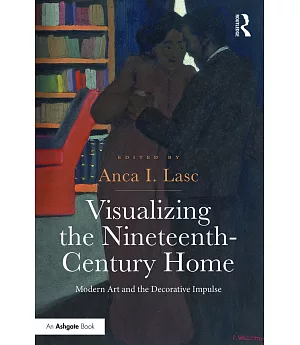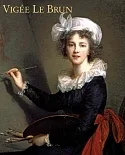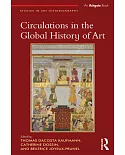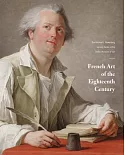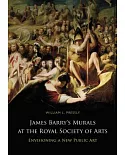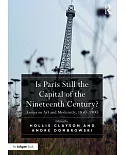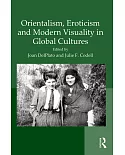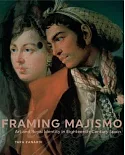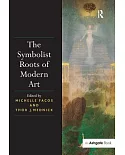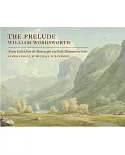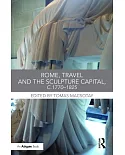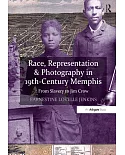The nineteenth century - the Era of the Interior - witnessed the steady displacement of art from the ceilings, walls, and floors of aristocratic and religious interiors to the everyday spaces
of bourgeois households, subject to their own enhanced ornamentation. Following the 1863 Salon des refusés, the French State began to channel ‘mediocre’ painters into the decorative arts.
England, too, launched an extensive reform of the decorative arts, resulting in more and more artists engaged in the production and design of complete interiors. America soon followed. Present
art historical scholarship - still indebted to a modernist discourse that sees cultural progress to be synonymous with the removal of ornament from both utilitarian objects and architectural
spaces - has not yet acknowledged the importance of the decorative arts in the myriad interior spaces of the 1800s. Nor has mainstream art history reckoned with the importance of the interior
in nineteenth-century life and thought. Aimed at an interdisciplinary audience, including art and design historians, historians of the modern interior, interior designers, visual culture
theorists, and scholars of nineteenth-century material culture, this collection of essays studies the modern interior in new ways. The volume addresses the double nature of the modern interior
as both space and image, blurring the boundaries between arts and crafts, decoration and ‘high’ art, two-dimensional and three-dimensional design, trompe-l’oeil effects and spatial
practices. In so doing, it redefines the modern interior and its objects as essential components of modern art.

